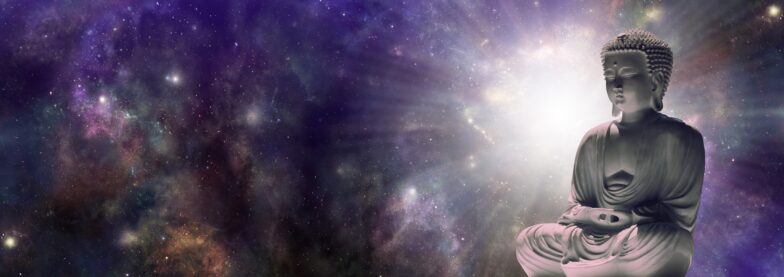If Hinduism Is the Oldest Religion, Does That Imply It’s True?
Question of the Week: How does one minister to a Hindu? Hindus say their religion is the oldest and thus most likely to be true. How do you recommend that I respond?
My Answer: Hinduism may be the oldest of the presently existing major religions, but it is highly unlikely that it is the oldest of all religions. Humans are inherently religious beings. Therefore, long before Hinduism became a recognized religion, there had to be people expressing religious beliefs. The Bible declares that the first humans to exist, Adam and Eve, were expressing religious beliefs.
That Hinduism is presently the oldest major religion does not make it true any more than prostitution being the oldest profession makes it honorable. Hinduism teaches a pervasive doctrine of reincarnation that fundamentally is dependent on the belief that the universe reincarnates. The Hindu Vedas teach that the universe goes through endless cycles of birth and death over a period of 4.32 billion years. Modern astrophysical measurements now prove the Vedas got it wrong. The time back to the birth of the universe has been determined by multiple independent measuring methods to be 13.8 billion years. Also, the measured entropy of the universe makes it physically impossible for the universe to reincarnate. I describe these measurements and explain their philosophical and theological implications in my book The Creator and the Cosmos, 4th edition, pages 33–139.
Reincarnation in the context of human beings offers the “attraction” that if one fails to pass the test of life on the first go, one gets a second, third, fourth, etc. chance to pass it in future reincarnations. Such a doctrine tempts humans to be lax about their short time on Earth. Paul in the New Testament exhorts everyone to run the race of our short life with all effort and earnestness in fulfilling the purpose for which God created us. Hebrews 9:27 states, “It is appointed for people to die once—and after this, judgment.” Here is a more comprehensive article I wrote on reincarnation: Answering Questions about Reincarnation.






